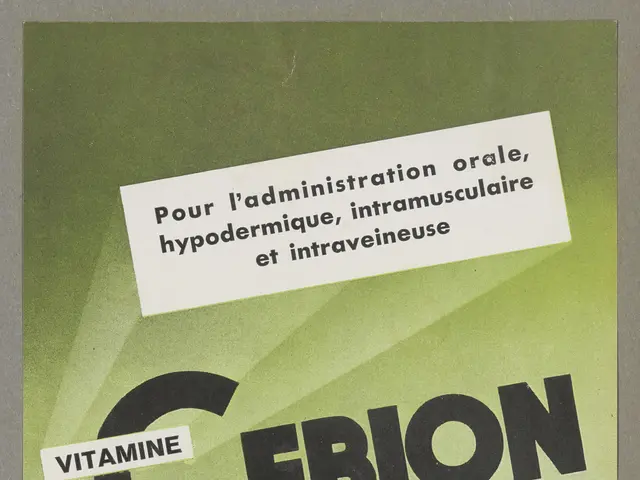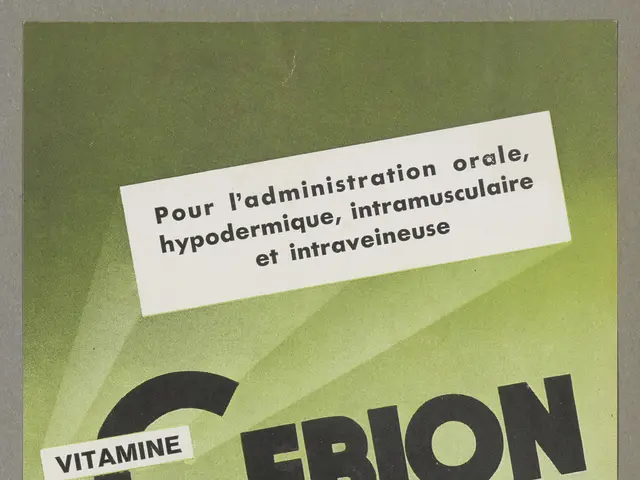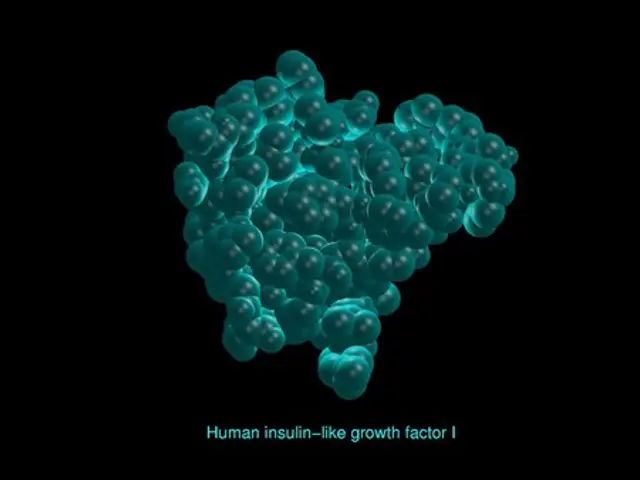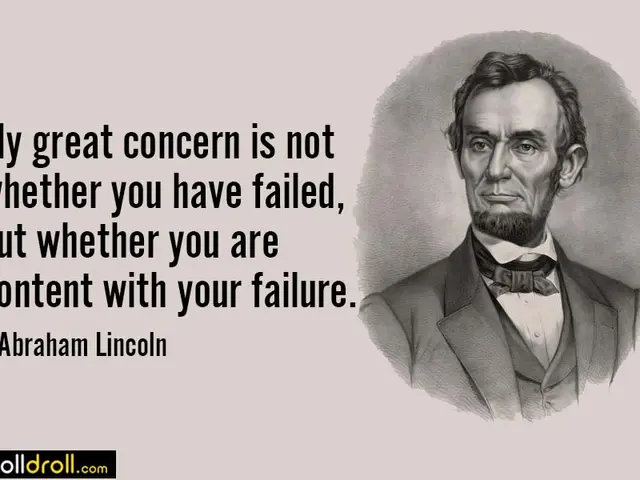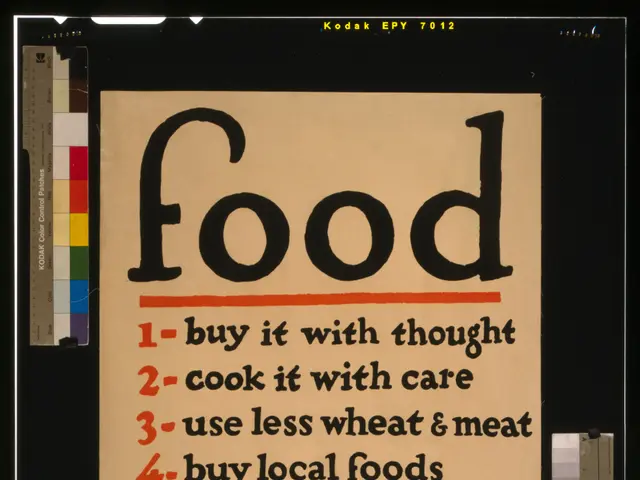Can Consumption of Coffee Potentially Decrease the Chance of Colorectal Cancer?
Got a daily coffee habit? You might be pleased to know that sipping on those java jolts could potentially lower your risk of colorectal cancer. But let's dive deeper to bust some common misconceptions.
Studies published in the International Journal of Cancer show that guzzling down 4 cups of Joe daily could mean a 32% lower risk of colorectal cancer recurrence after diagnosis. The study, involving over 1,700 participants with stages 1-3 colorectal cancer, found that coffee consumption could have some promising benefits.
👀 So, what's the magic behind coffee's cancer-fighting prowess? Here's what experts think:
- ** Oxidative stress busters**: Coffee may help reduce oxidative stress, a harmful process that can damage cells and contribute to cancer formation.
- ** Gut bacteria allies**: Coffee aids in promoting a healthy gut microbiome, which plays a crucial role in cancer prevention.
- ** Tumor inhibitors**: Coffee compounds potentially suppress the growth of tumors in the colon and rectum.
- ** Nonalcoholic fatty liver disease defenders**: Coffee could help protect against NAFLD, a condition linked to an increased risk of colorectal cancer.
But wait a minute! It's not all sunshine and coffee beans, as caffeinated coffee seems to have a higher risk association with rectal cancer compared to colon cancer. So, while our favorite brew might have some cancer-fighting properties, it's essential to understand the differences between the two types of coffee and their effects on cancer risk.
Curious about other ways to protect yourself from this silent killer? Try these practical tips for a healthier lifestyle:
- ** Physical activity**: Regular exercise is key to maintaining Colon health and overall well-being.
- ** Nutritious diet**: A balanced diet rich in fruits, vegetables, whole grains, and lean proteins is the cornerstone of cancer prevention.
- ** Avoid bad habits**: Stamp out cigarettes and alcohol to reduce the risk of colorectal cancer.
Coffee and Cancer: A Brewing Connection? Not Entirely Conclusive!
Coffee has been linked to various health benefits, including potentially lowering cancer risk, but the research is still in its infancy. The International Agency for Research on Cancer (IARC) notes that, while there is no clear association between coffee consumption and cancer at most body sites, some evidence suggests that coffee may help reduce the occurrence of certain cancers.
Intriguingly, the positive effects of coffee consumption on rectal cancer are not yet adequately researched, but given the similarities between colorectal and rectal cancer, it's reasonable to infer that there might be some positive effects on rectal cancer, though direct evidence is needed.
Ultimately, while coffee consumption is part of a healthy diet that may contribute to cancer prevention, it's essential to remember that the specific link between coffee consumption and reduced colorectal or rectal cancer risk is not definitively established. A balanced diet rich in whole foods, combined with regular exercise, and a healthy lifestyle is recommended for overall cancer prevention or management.
Want to learn more about the relationship between coffee and cancer and other ways to reduce your cancer risk? Check out these resources, and stay one step ahead of the disease.
- ** Coffee and Cancer: Separating Fact from Fiction**
- ** Cancer Prevention Superfoods: Put Your Best Plate Forward**
- ** Diet and Cancer Risk: What You Need to Know**
Stay caffeinated, stay informed, and stay healthy! ☕️ 💫
- The positive effects of coffee consumption on colorectal cancer have been suggested in studies published in the International Journal of Cancer.
- Coffee may help reduce oxidative stress, promote a healthy gut microbiome, suppress tumor growth in the colon and rectum, and protect against nonalcoholic fatty liver disease, all of which could potentially decrease the risk of colorectal cancer.
- Despite the potential benefits of coffee, it's important to note that caffeinated coffee may have a higher risk association with rectal cancer compared to colon cancer.
- To reduce the risk of colorectal cancer, maintaining a healthy lifestyle is crucial, including regular exercise, a nutritious diet, and avoiding bad habits such as smoking and excessive alcohol consumption.

